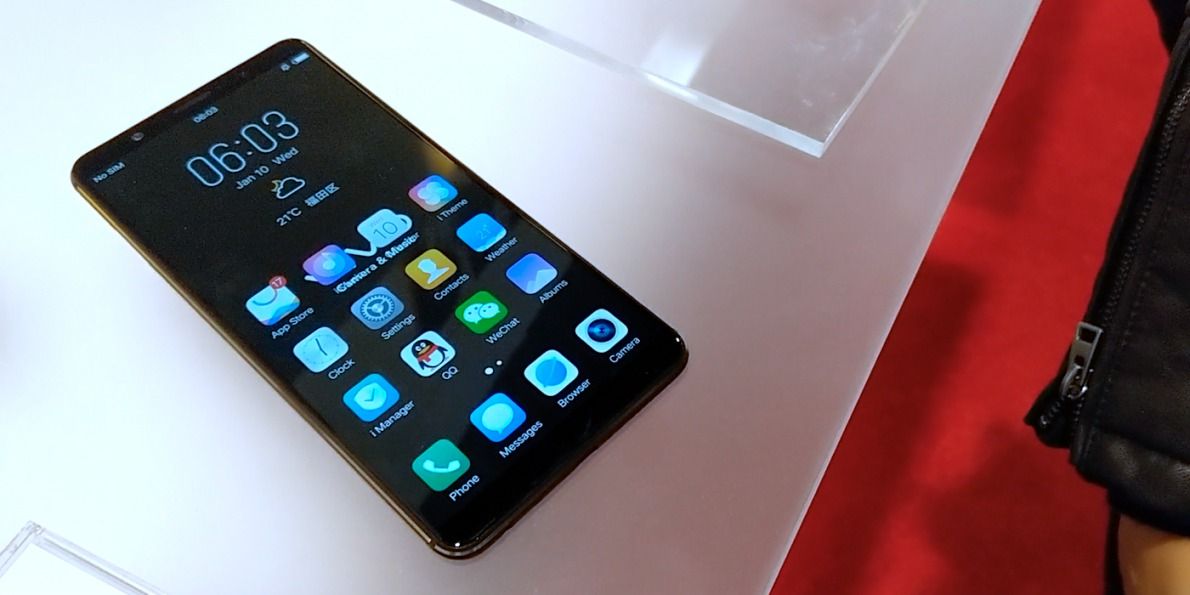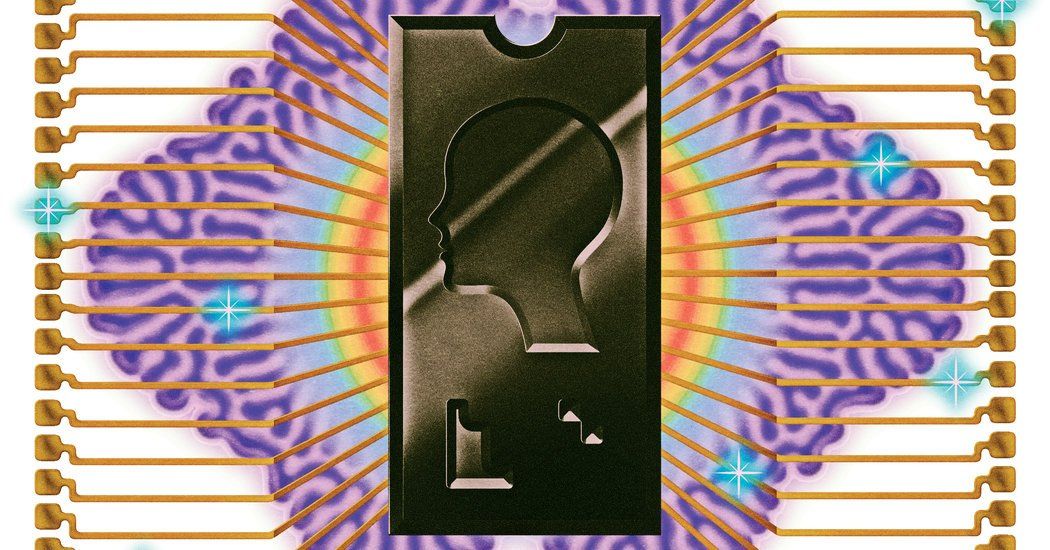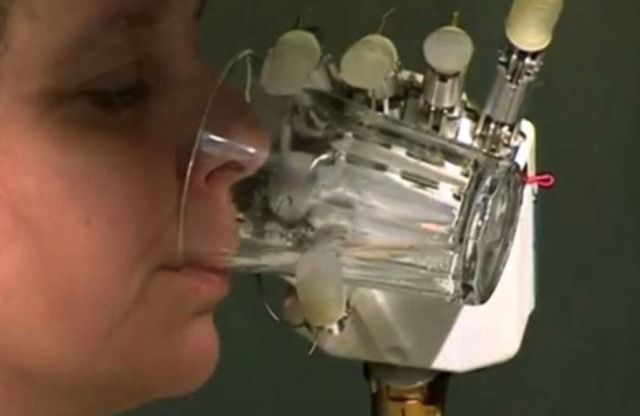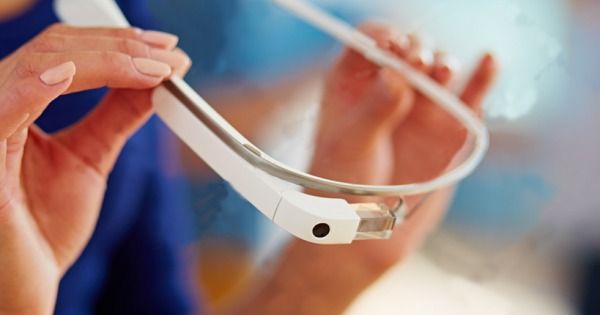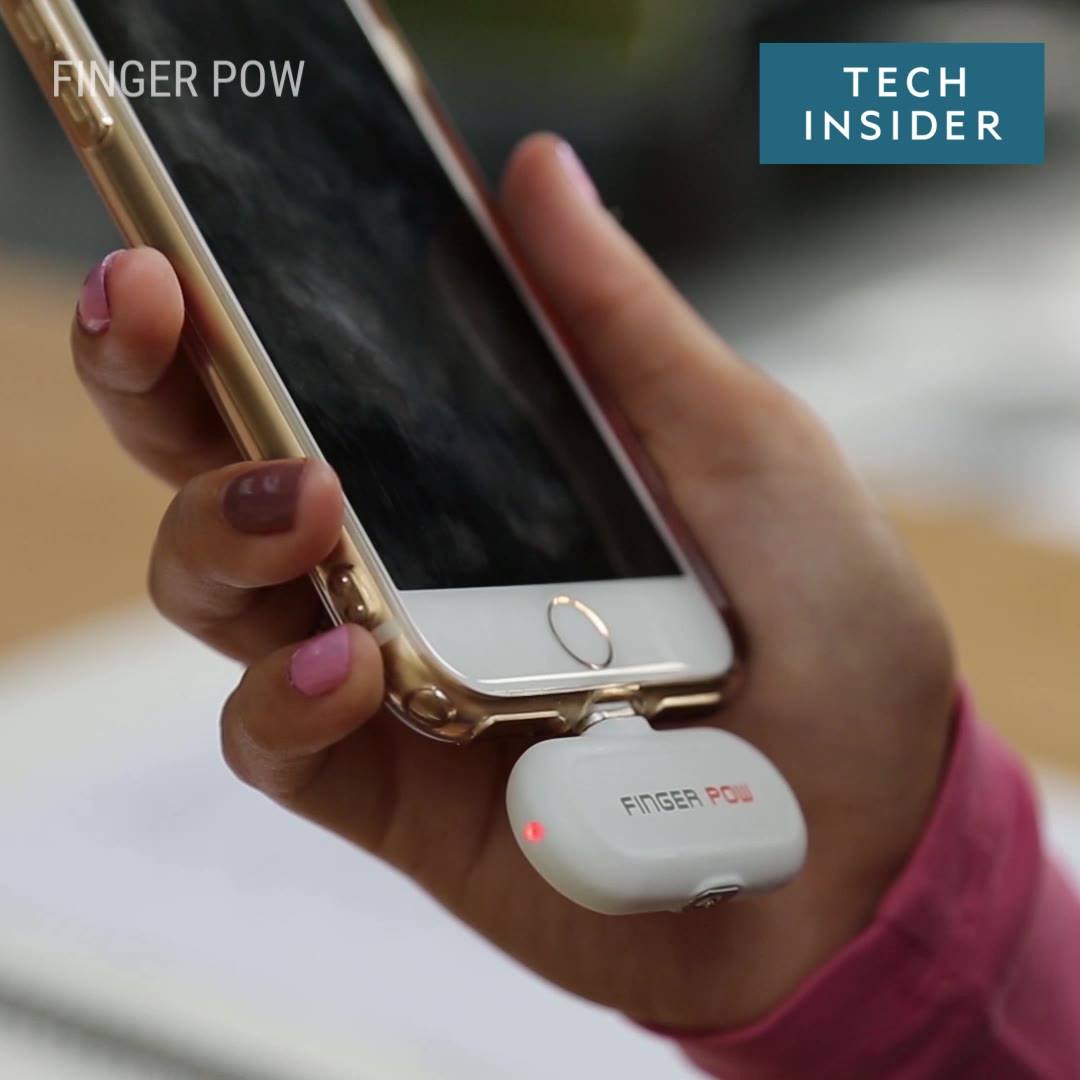Archive for the ‘mobile phones’ category: Page 179
Jan 17, 2018
Google will construct three new undersea cables in 2019
Posted by Shailesh Prasad in category: mobile phones
Can’t get enough Google? You’re in luck.
The company, a division of Alphabet Inc., has announced that it will expand its Cloud services to five new regions, and build three new submarine cables to service its capacity needs.
SEE ALSO: Google wants your phone screen to double as a speaker.
Continue reading “Google will construct three new undersea cables in 2019” »
Jan 15, 2018
Big Bets on A.I. Open a New Frontier for Chip Start-Ups, Too
Posted by Derick Lee in categories: mobile phones, robotics/AI, transportation
Today, at least 45 start-ups are working on chips that can power tasks like speech and self-driving cars, and at least five of them have raised more than $100 million from investors. Venture capitalists invested more than $1.5 billion in chip start-ups last year, nearly doubling the investments made two years ago, according to the research firm CB Insights.
SAN FRANCISCO — For years, tech industry financiers showed little interest in start-up companies that made computer chips.
How on earth could a start-up compete with a goliath like Intel, which made the chips that ran more than 80 percent of the world’s personal computers? Even in the areas where Intel didn’t dominate, like smartphones and gaming devices, there were companies like Qualcomm and Nvidia that could squash an upstart.
Continue reading “Big Bets on A.I. Open a New Frontier for Chip Start-Ups, Too” »
Jan 14, 2018
“Ballistic missile threat” warning in Hawaii a false alarm
Posted by Mark Larkento in categories: military, mobile phones
Hawaii ‘ballistic missile threat’ alert to phones was false alarm, officials say.
“Hawaiians were thrown into a panic Saturday morning after an emergency alert was mistakenly sent, warning them to ”seek immediate shelter” from a ballistic missile threat, and it took emergency officials 38 minutes to send a new alert to mobile phones that the threat was a false alarm.
”Hawaii Emergency Management Agency Administrator Vern Miyagi said at a press conference with the governor Saturday afternoon that a single individual sent out the alert by mistake. The individual went so far as to click through a second message, intended as a safeguard, that asked whether the alert should go out.
Continue reading “‘Ballistic missile threat’ warning in Hawaii a false alarm” »
Jan 11, 2018
Google bought a UK startup that turns screens into speakers
Posted by Shailesh Prasad in categories: computing, media & arts, mobile phones
Over the past year, Google has demonstrated its desire to step up its hardware game. The company bought HTC’s Pixel team for $1.1 billion, designed its own imaging chip for the Pixel 2 and also hired a key Apple chip designer. Bloomberg reports that in its bid to gain an edge on the competition, Google has quietly snapped up UK startup Redux, a small team focused on delivering sound and touch feedback via mobile displays.
According to filings, Google took control of the startup back in August and then subsequently shut down the company’s website. Previous demonstrations show Redux playing back music via a tablet device, which possesses tiny actuators that vibrate the screen and effectively turn it into a loudspeaker. By eliminating the need for smartphone speakers, Google may be able free up more space for batteries and other important components inside future smartphones.
Jan 11, 2018
Meet the selfie drone that lives in your phone case
Posted by Shailesh Prasad in categories: drones, mobile phones
Imagine you and a group of friends are at the peak of a mountain after a long hike. It’s sunset and the sky is alight; you want to take a photo. You pull out your smartphone, but instead of flipping it around to take a long-armed selfie, you unclip a tiny drone from the back of your phone, make it hover at the perfect height and snap a series of photos, no extendo-arms required.
Jan 6, 2018
Woman gets equipped with bionic hand that can actually feel
Posted by Shane Hinshaw in categories: biotech/medical, cyborgs, mobile phones, transhumanism
Prosthetics have improved my leaps and bounds over the past century and we’ve reached a point where someone with an artificial limb is often just as capable (and in some cases even more capable) than a person with their natural arms and legs. Still, prosthetics have long fell short in one very important aspect, which is the sense of touch afforded by human skin. That could all be changing thanks to an incredible breakthrough that has provided a woman with a bionic hand that can actually feel.
Almerina Mascarello lost her left hand and part of her forearm in an accident more than two decades ago, and was chosen as one of the test subjects for a new type of prosthetic that relays the feeling of touch to the wearer. Remarkably, it seems to work brilliantly.
Don’t Miss : Apple brand battery cases for the iPhone 6/6s and iPhone 7 are discounted on Amazon.
Jan 6, 2018
Facebook Engineer Asserts That Augmented Reality Will Replace Smartphones in 5 Years
Posted by Shailesh Prasad in categories: augmented reality, mobile phones
Jan 1, 2018
These snap-on pods give your phone power when you need it
Posted by Shailesh Prasad in category: mobile phones
Dec 31, 2017
Progress to turning silicon transistors into qubits which could enable billion qubit quantum computers
Posted by Klaus Baldauf in categories: computing, mobile phones, quantum physics
Japanese RIKEN researchers are trying to adapt existing the silicon metal–oxide–semiconductor field-effect transistors (MOSFETs) to integrate qubits with current electronics, offering the potential for scaling up quantum devices and bringing quantum computing closer to becoming a reality.
Keiji Ono and colleagues from the RIKEN Center for Emergent Matter Science and the Toshiba Corporation in Japan, in collaboration with researchers from the United States, are investigating the properties of qubits produced by imperfections or defects in silicon MOSFETs. In particular, they are exploring their potential for developing quantum computing devices that are compatible with current manufacturing technologies.
“Companies like IBM and Google are developing quantum computers that use superconductors,” explains Ono. “In contrast, we are attempting to develop a quantum computer based on the silicon manufacturing techniques currently used to make computers and smart phones. The advantage of this approach is that it can leverage existing industrial knowledge and technology.”
